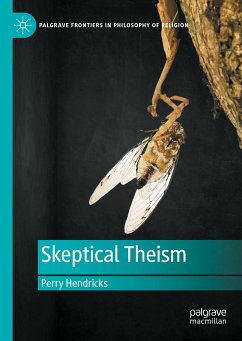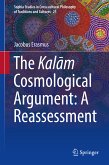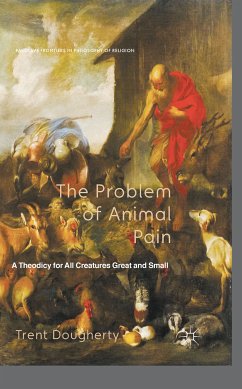"Skeptical theism-which expresses skepticism about our ability to accurately evaluate divine permission of suffering and evil-is one of the most popular contemporary replies to the atheistic argument from evil. Perry Hendricks' book, Skeptical Theism, is a must-read work for anyone interested in this response to the problem of evil or in atheistic arguments more generally. It is chock-full of novel and compelling reasoning, both in support of skeptical theism and in response to all of the major objections to that view to date." -Michael Bergmann, Professor of Philosophy, Purdue University
Is evil evidence against the existence of God? Does divine hiddenness provide an evidential problem for theism? Is our evolutionary history evidence that God doesn't exist? Skeptical theism is the view that humans are cognitively limited in important ways that prevent us from providing affirmative answers to these evidential questions. In this book-the first monograph published on skeptical theism-Perry Hendricks gives careful, novel, and compelling arguments in favor of skeptical theism and provides a comprehensive defense of it, addressing all major objections to skeptical theism on offer. The implications of skeptical theism are teased out: it undermines the most prominent arguments for atheism on offer, which significantly lowers the epistemic status of atheism.
Perry Hendricks is an adjunct professor at the University of Minnesota, Morris. He has published numerous articles in such journals as: Analysis, American Philosophical Quarterly, Ergo, The Journal of the American Philosophical Association, and Pacific Philosophical Quarterly.
Dieser Download kann aus rechtlichen Gründen nur mit Rechnungsadresse in A, B, BG, CY, CZ, D, DK, EW, E, FIN, F, GR, HR, H, IRL, I, LT, L, LR, M, NL, PL, P, R, S, SLO, SK ausgeliefert werden.
"I found this book to be an invaluable resource for understanding the potential of ChatGPT and Bard, including how to leverage them for practical applications. Recommended for anyone who is interested in the future of business and wants to learn how to leverage the power of LLMs to achieve their goals." (Ashish Seth, Computing Reviews, July 10, 2024)









